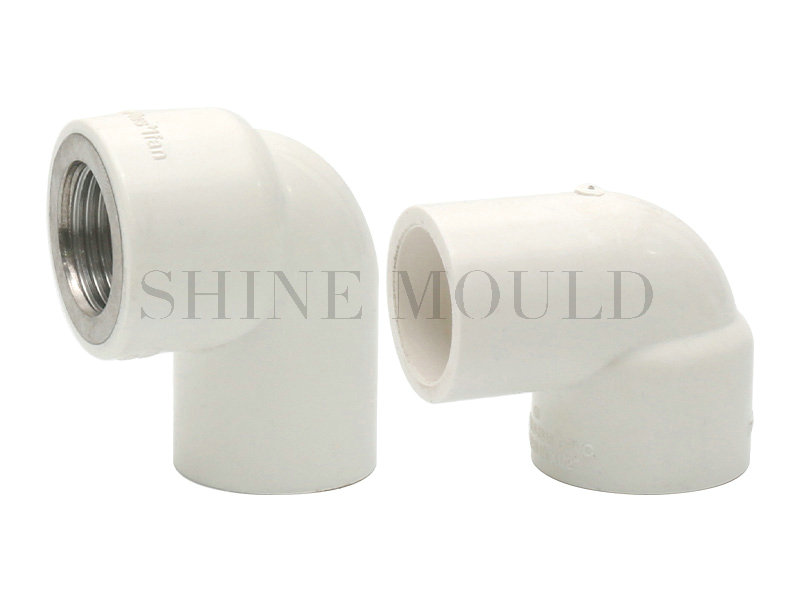The Essential Guide to Pipe Fitting Moulds: Types, Applications, and Importance
OEM Pipe Fitting Mould Manufacturing
Pipe fitting moulds are critical components in the manufacturing of various pipe fittings used in plumbing and construction. These moulds are designed to shape materials into specific forms that are essential for creating durable and reliable pipe fittings. Understanding the basic concepts, types, and applications of pipe fitting moulds is crucial for anyone involved in the manufacturing or installation of piping systems. The versatility and functionality of pipe fitting moulds make them indispensable in the industry.
At the core of pipe fitting moulds is their ability to produce fittings that connect different sections of piping. These moulds can be categorized into several types, each serving distinct purposes. The primary types of pipe fitting moulds include extrusion moulds, die-casting moulds, and forging moulds. Each type has unique characteristics that make it suitable for specific applications. For instance, extrusion moulds are commonly used to create smaller fittings such as elbows, tees, and reducers. These moulds are typically made from metals, plastics, or composites, allowing for a wide range of applications.
Die-casting moulds, on the other hand, are utilized for producing larger pipe fittings like flanges and couplings. These moulds are crafted from durable metals that can withstand high temperatures and pressures, making them ideal for heavy-duty applications. Forging moulds are known for their accuracy and are used to create fittings with minimal defects. This precision is essential in ensuring that the fittings fit together seamlessly, which is crucial for maintaining the integrity of piping systems.
The applications of pipe fitting moulds extend beyond just creating fittings. They play a vital role in the overall efficiency and effectiveness of plumbing systems. For example, pipe fitting moulds are used to manufacture fittings that facilitate the flow of water and other fluids in residential and commercial buildings. The design and quality of these moulds directly impact the performance of the fittings produced. Therefore, selecting the right pipe fitting mould is essential for achieving the desired results.
In addition to their functional benefits, pipe fitting moulds also contribute to the economic aspects of manufacturing. By utilizing efficient mould designs, manufacturers can reduce waste and improve production rates. This efficiency translates into cost savings, making it more feasible for companies to produce high-quality pipe fittings at competitive prices. The ability to create uniform products through the use of pipe fitting moulds ensures that manufacturers can meet the demands of the market while maintaining profitability.
Another important aspect of pipe fitting moulds is their adaptability to different materials. For instance, moulds can be specifically designed for various types of pipes, including PVC, HDPE, and ABS. Each material has its own set of properties, and the moulds must be tailored to accommodate these differences. This adaptability allows manufacturers to produce a wide range of fittings suitable for various applications, from residential plumbing to industrial piping systems.
Moreover, the maintenance and care of pipe fitting moulds are crucial for ensuring their longevity and performance. Regular inspections and proper cleaning can prevent wear and tear, allowing moulds to produce high-quality fittings consistently. Manufacturers often invest in advanced technologies and materials to enhance the durability of their moulds, ensuring that they can withstand the rigors of production.
In conclusion, pipe fitting moulds are essential tools in the manufacturing of pipe fittings, playing a significant role in the plumbing and construction industries. Their various types, including extrusion, die casting, and forging moulds, cater to different applications and materials. Understanding the importance of pipe fitting moulds helps manufacturers and installers make informed decisions that impact the quality and efficiency of their projects. As the demand for reliable and efficient piping systems continues to grow, the role of pipe fitting moulds will remain vital in shaping the future of the industry. By investing in the right moulds and maintaining them properly, manufacturers can ensure that they produce fittings that meet the standards of quality and performance.




 Search...
Search... English
English




.jpg)


